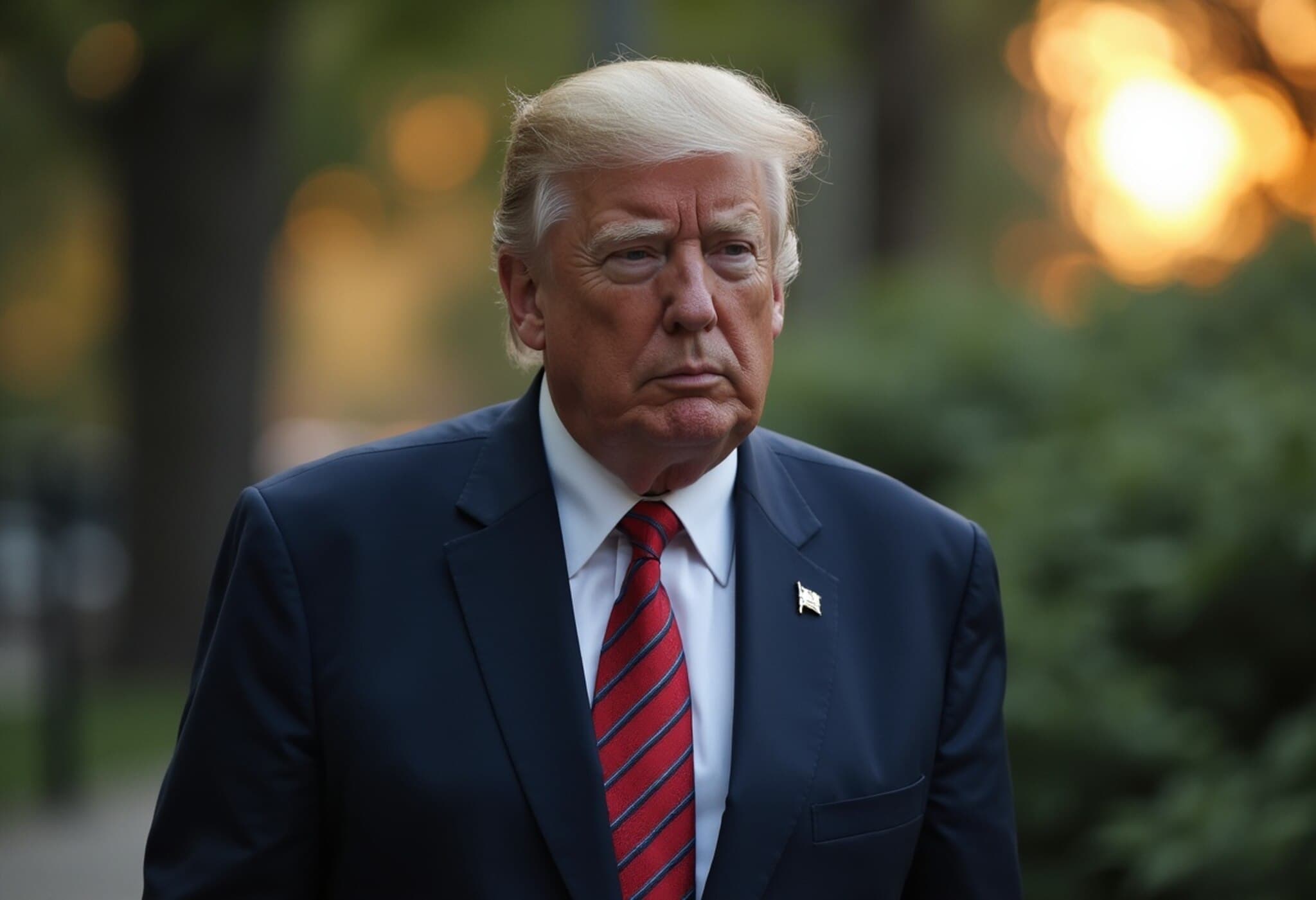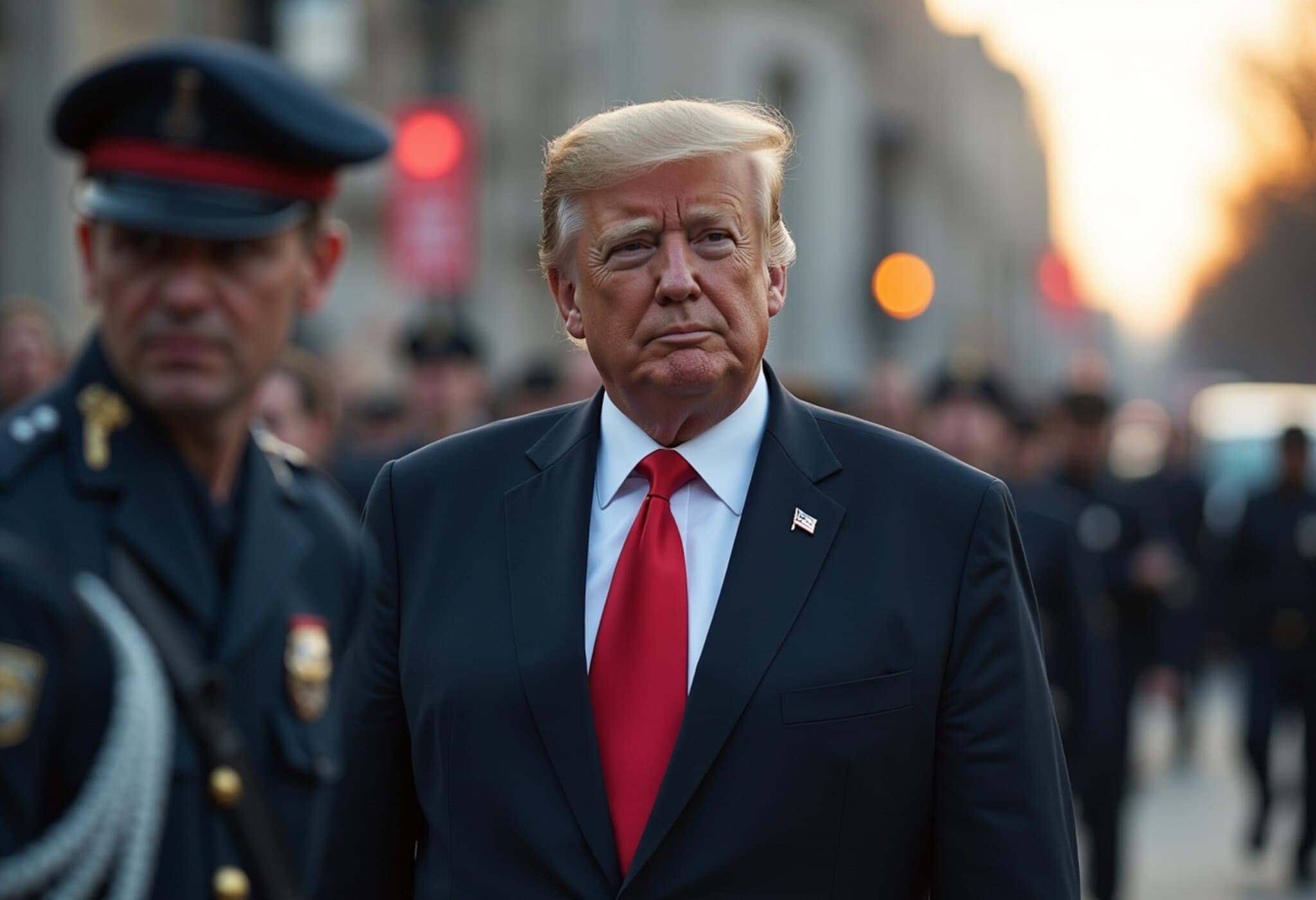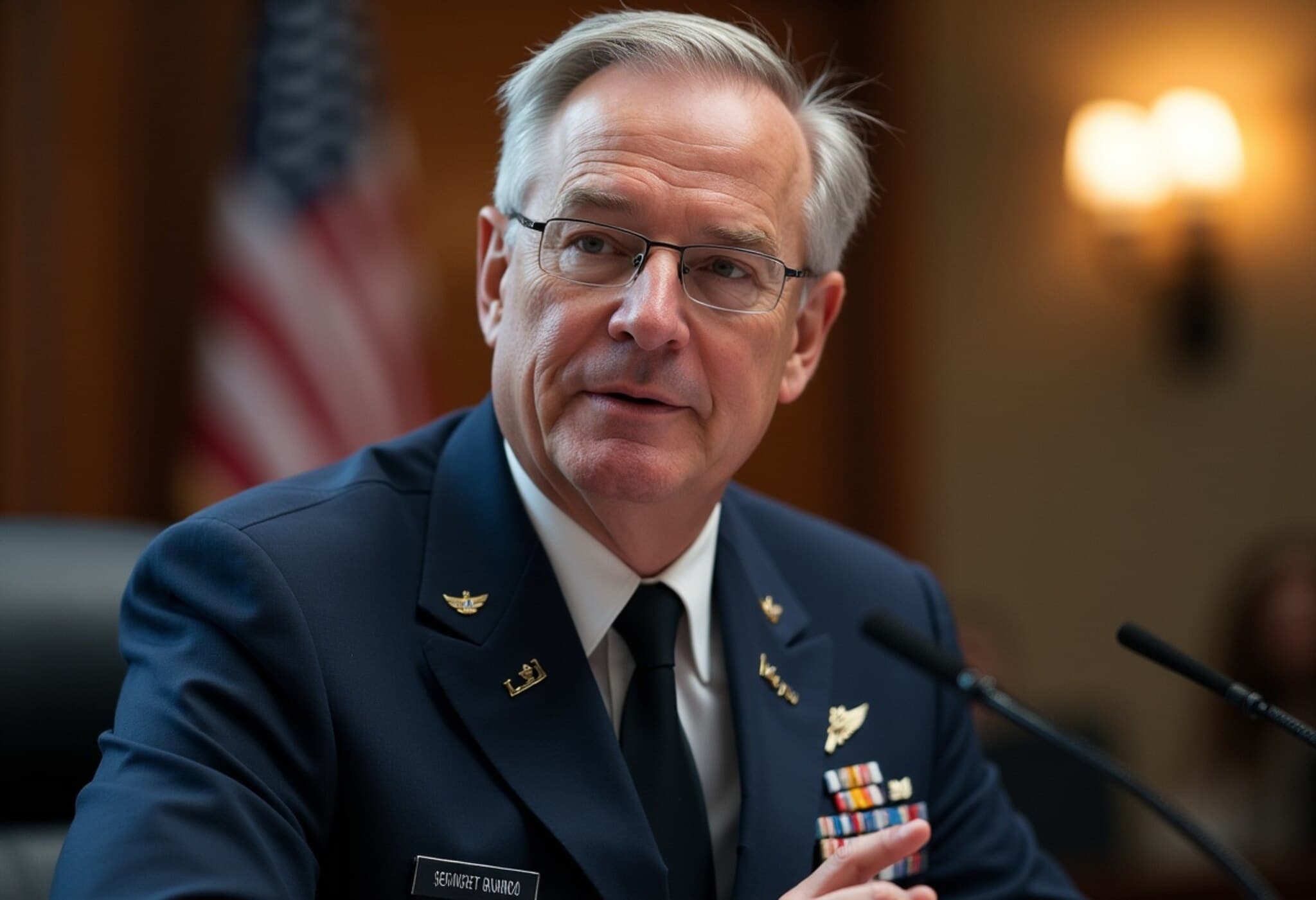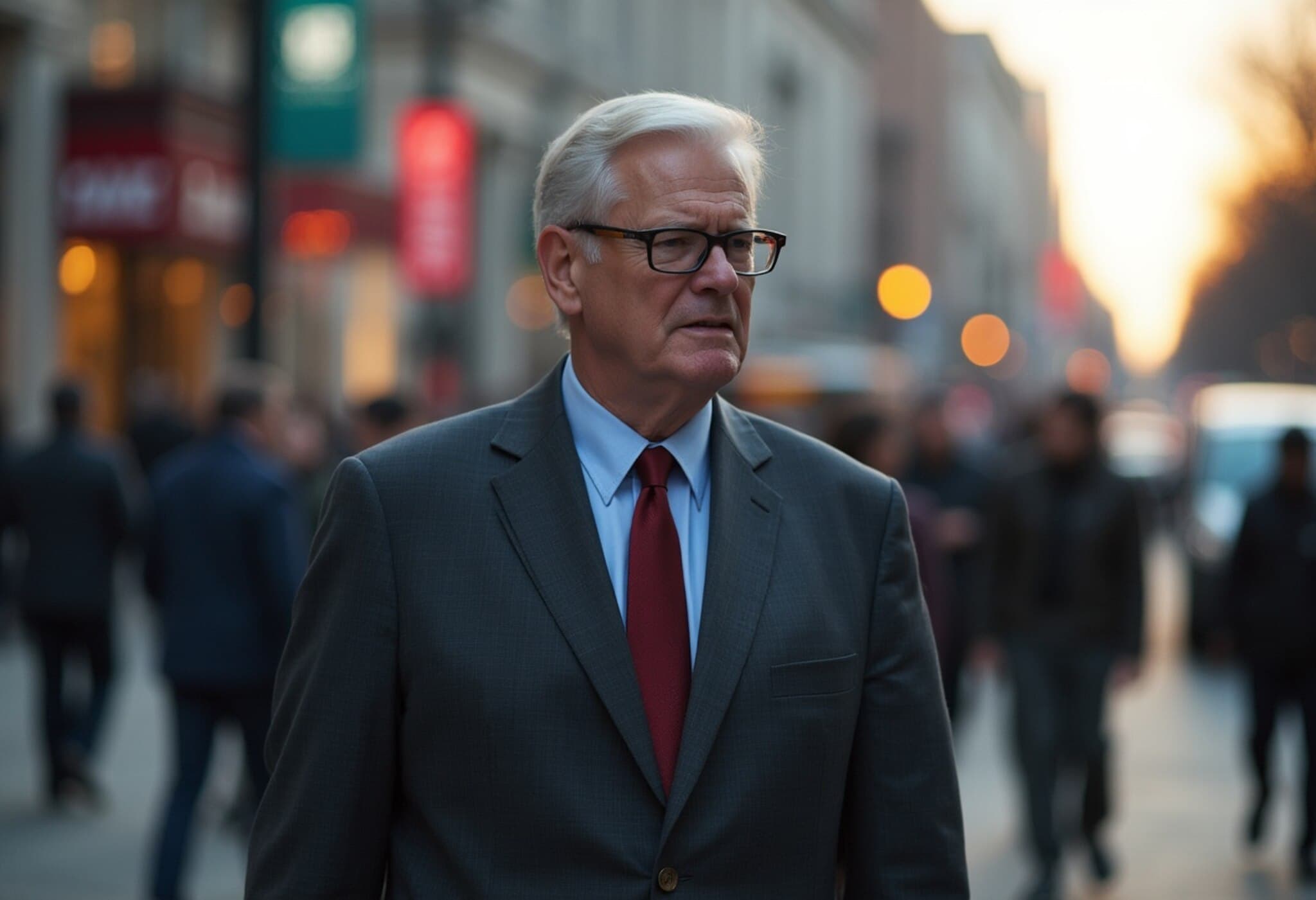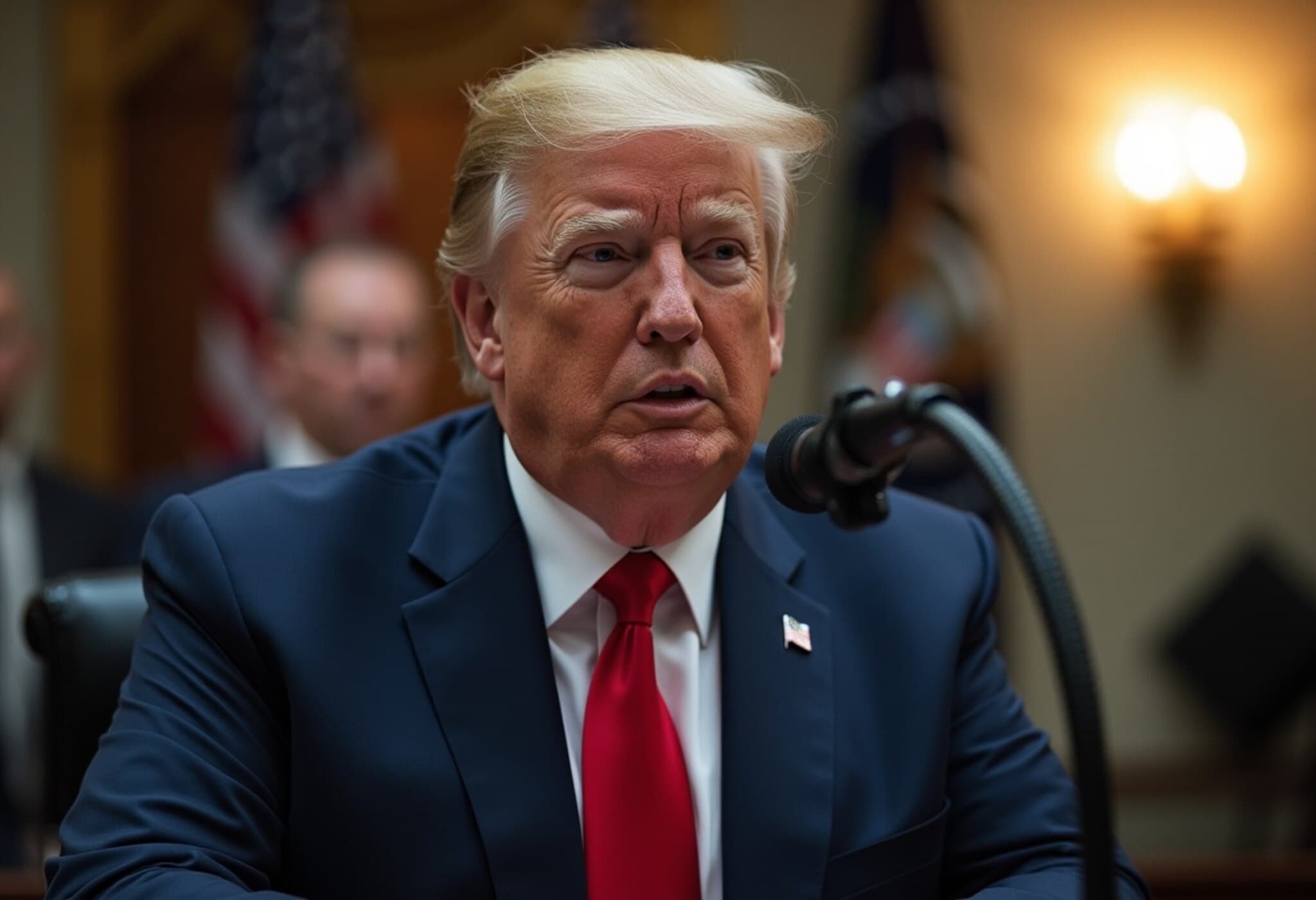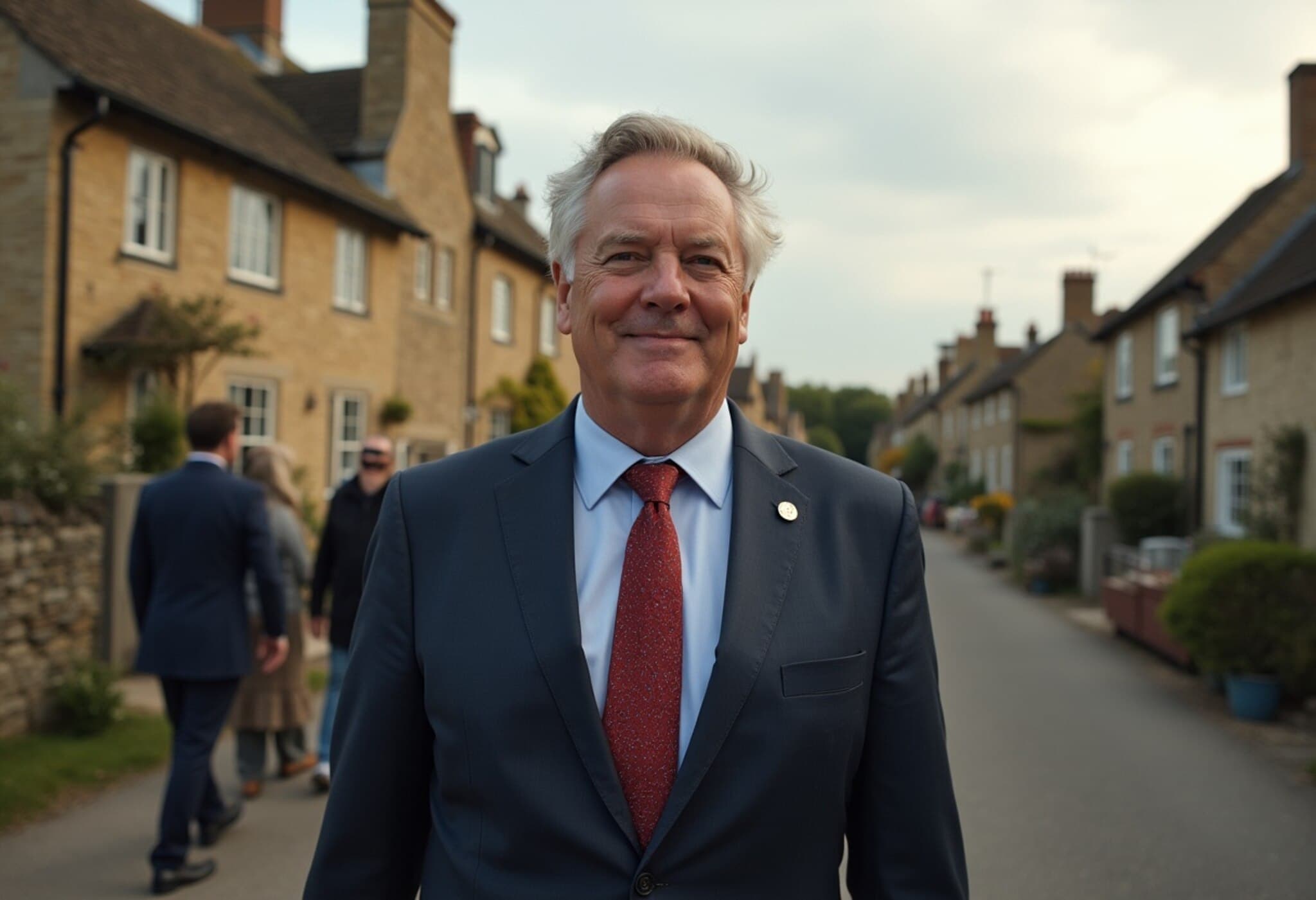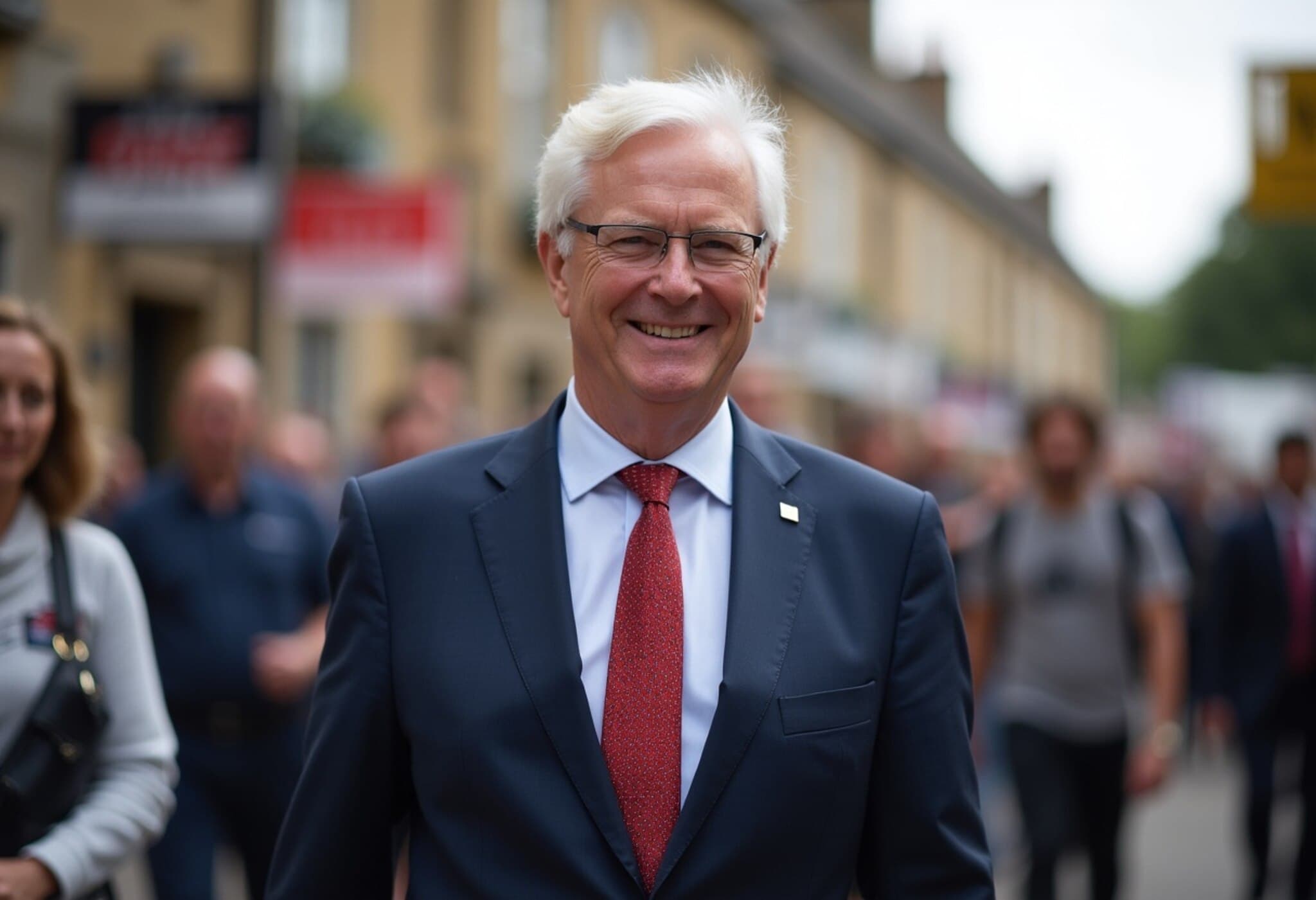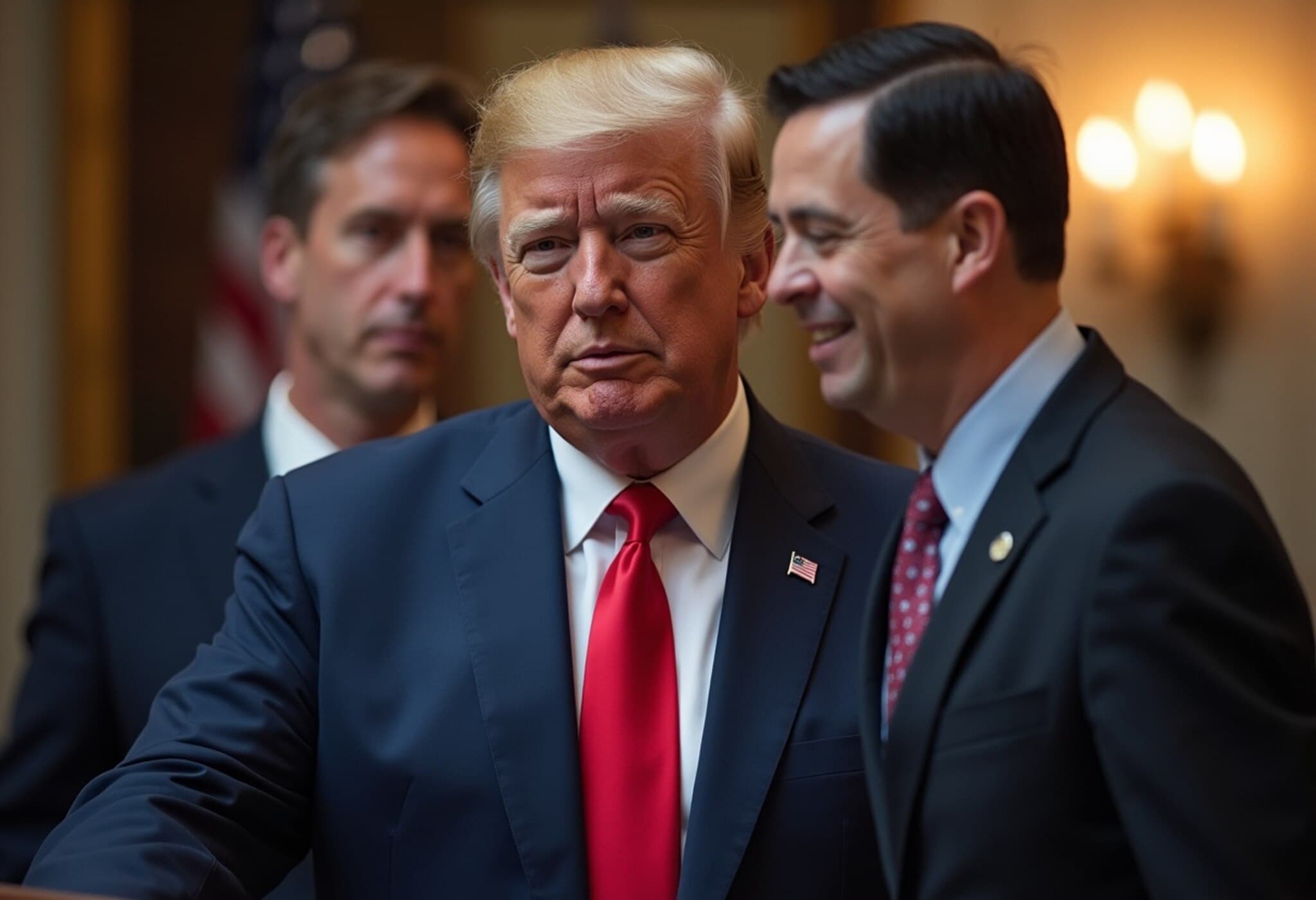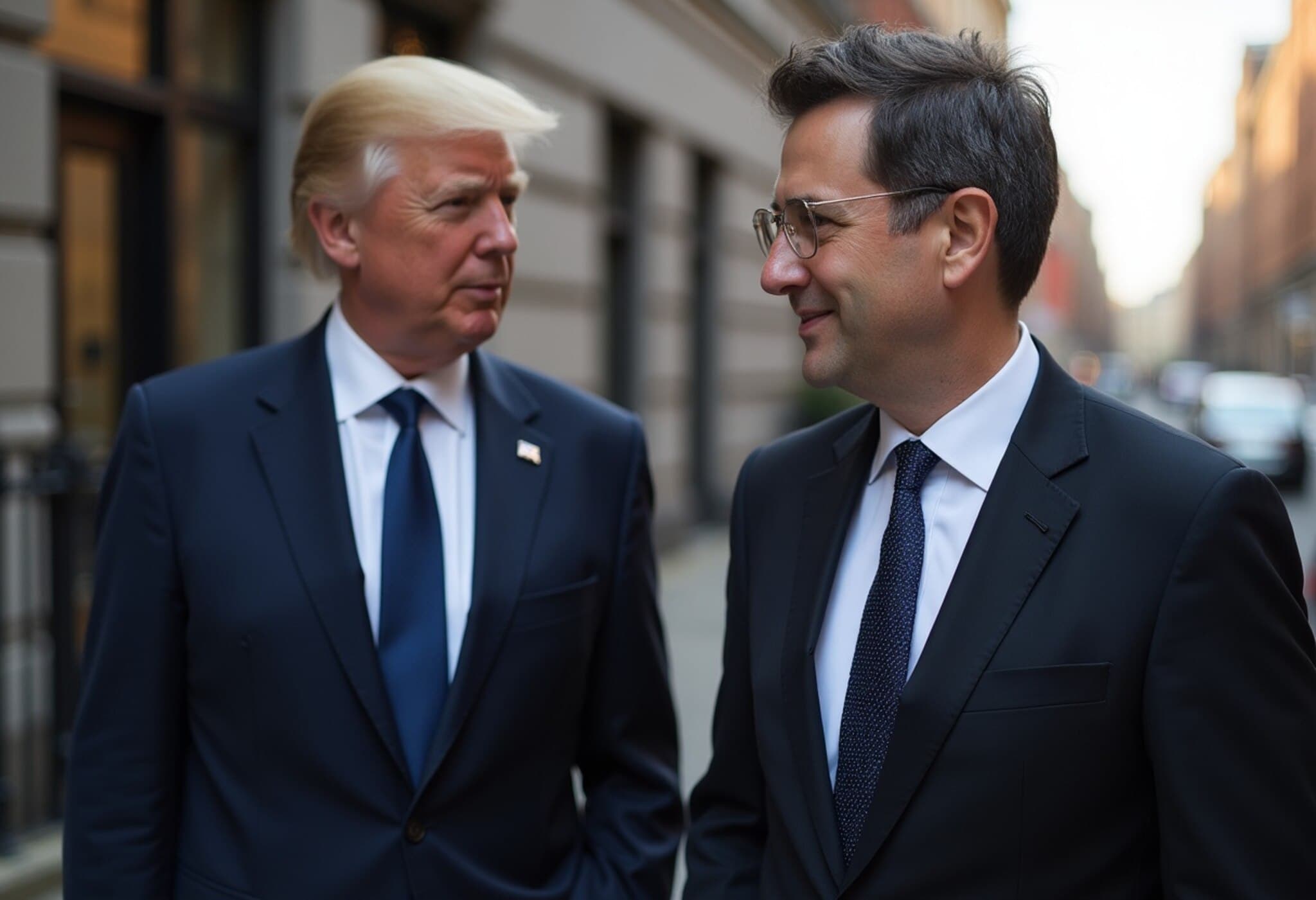Secret Service Raises Ohio River Levels for Vice President JD Vance’s Kayaking Celebration
Columbus, Ohio — August 8, 2025: In an unusual move that quickly drew public attention and criticism, the U.S. Secret Service requested an increase in water flow on the Little Miami River to accommodate Vice President JD Vance and his family’s birthday kayaking excursion.
Special Measures to Ensure Safety on Vance’s 41st Birthday
According to officials, the Corps of Engineers temporarily increased outflows from Caesar Creek Lake into the Little Miami River over the weekend preceding Vance’s birthday on August 2. This adjustment was intended to guarantee safe navigation for motorized watercraft and emergency teams protecting the Republican vice president, a Cincinnati native.
Gene Pawlik, spokesperson for the Corps’ Louisville District, emphasized that the operation adhered to all standard criteria for such adjustments and did not negatively affect upstream or downstream water levels. Stakeholders downstream were reportedly informed in advance.
Public Reaction: Perceived Entitlement Sparks Backlash
The revelation provoked swift backlash, with critics calling the measure a symbol of privileged government spending. Richard W. Painter, former chief White House ethics attorney under President George W. Bush, voiced disapproval on social media, highlighting the contrast between this deployment of taxpayer funds and ongoing budget cuts impacting national parks and public recreation.
"It’s outrageous for the Army Corps of Engineers to spend taxpayer money to increase water flow in a river so @VP can go canoeing, especially when budget cuts have severely limited family vacations for everyone else," Painter shared on X.
The Broader Context of Vice Presidential Accommodation
The Vance family has reportedly experienced similar special arrangements during international trips, including closures of historic landmarks like the Roman Colosseum and the Taj Mahal for private tours, incidents that also stirred public frustration.
Taylor Van Kirk, spokesperson for Vice President Vance, stated that the vice president was unaware of the river elevation adjustment, explaining that the Secret Service regularly executes protective measures independently to maintain security protocols.
Historical Precedents of Security-Driven Environmental Adjustments
This is not the first time a Vice President’s water-based activities have prompted such measures. When Democratic Vice President Al Gore, then presidential candidate, paddled the Connecticut River in 1999, utility officials opened a dam to release billions of gallons of water following Secret Service’s safety evaluations—also sparking political controversy.
Expert Insight: Balancing Public Resources and Security Needs
From a policy perspective, this episode highlights the delicate balance between ensuring national leaders’ safety and managing public expectations about the use of government resources. While expert security teams justify such adjustments as necessary for protection and emergency readiness, transparency and cost accountability remain critical to maintaining public trust.
Environmental and recreational stakeholders could further weigh in on the impact of temporary water level changes on ecosystems and local communities, an angle often overlooked in political coverage.
Looking Ahead: Questions for Accountability
- What are the financial and ecological costs of such temporary river manipulations?
- How can agencies increase transparency around security-related public resource deployments?
- Is there a standardized policy to evaluate the necessity and scale of such interventions?
Editor’s Note
The Secret Service’s decision to raise the Little Miami River’s water level for Vice President JD Vance’s birthday outing reveals enduring tensions between government security protocols and public perceptions of privilege. Beyond the headlines lies a nuanced discussion about how public funds and natural resources are managed amid the unique demands of protecting national leaders. As debates unfold, it becomes essential to scrutinize these accommodations with a critical eye toward fairness, environmental impact, and fiscal responsibility.




